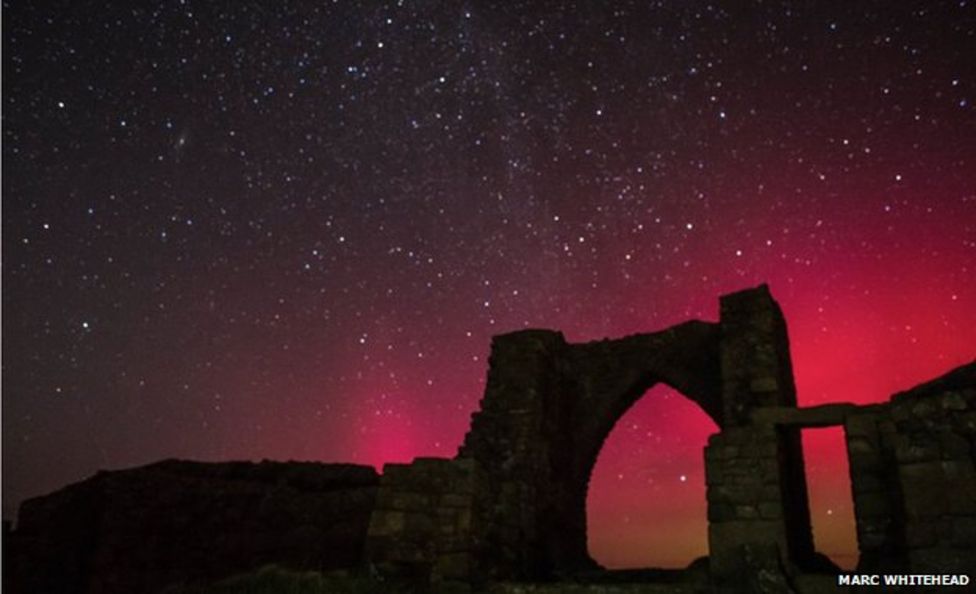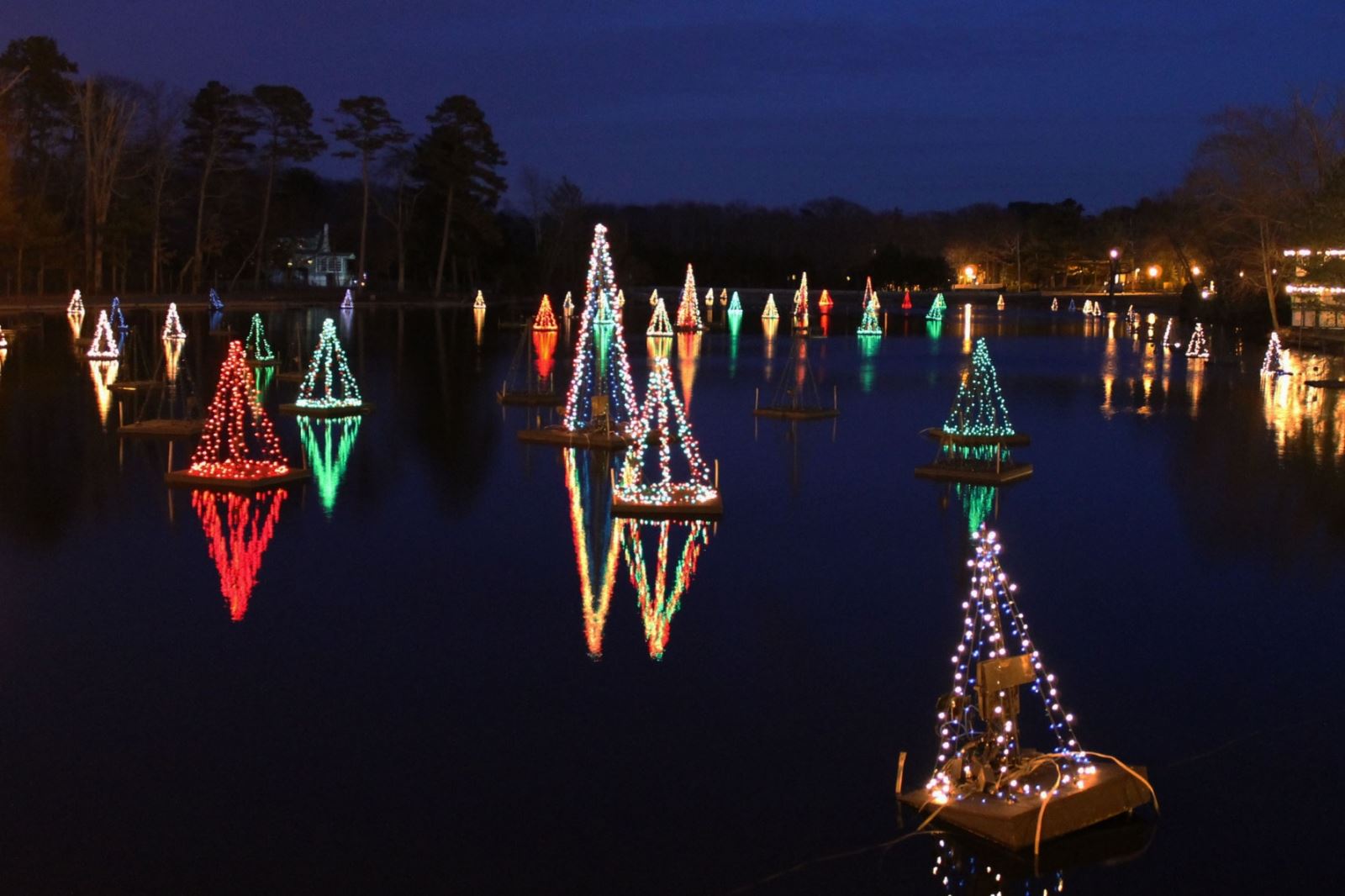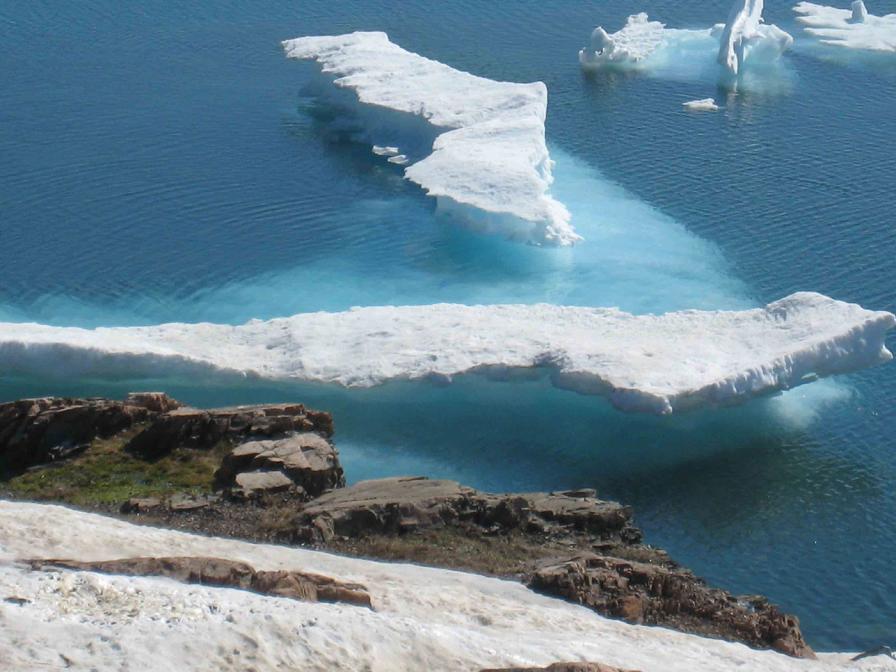Chasing the Ethereal Glow: Understanding the Northern Lights in New Jersey
Related Articles: Chasing the Ethereal Glow: Understanding the Northern Lights in New Jersey
Introduction
In this auspicious occasion, we are delighted to delve into the intriguing topic related to Chasing the Ethereal Glow: Understanding the Northern Lights in New Jersey. Let’s weave interesting information and offer fresh perspectives to the readers.
Table of Content
Chasing the Ethereal Glow: Understanding the Northern Lights in New Jersey

While the northern lights, or aurora borealis, are most commonly associated with high-latitude regions like Alaska, Canada, and Scandinavia, their presence in the continental United States, particularly in New Jersey, might seem like a fantastical notion. However, the reality is that the potential for witnessing this celestial spectacle in the Garden State exists, albeit with a significantly lower probability than in those northern territories.
The Science Behind the Aurora Borealis:
The northern lights are a captivating display of vibrant, dancing lights in the sky, caused by charged particles from the sun interacting with Earth’s atmosphere. These particles, primarily electrons and protons, are propelled towards Earth by solar winds. As these charged particles enter the Earth’s magnetic field, they are directed towards the poles, where they collide with atoms in the upper atmosphere. This collision excites the atoms, causing them to release photons, which manifest as the mesmerizing light show we perceive as the aurora.
Factors Influencing Aurora Visibility in New Jersey:
The visibility of the northern lights in New Jersey is contingent upon several factors, including:
- Solar Activity: The intensity of solar storms, which release a surge of charged particles, directly influences the strength and visibility of the aurora. Strong solar storms can result in auroral displays that extend further south, increasing the chances of witnessing them in New Jersey.
- Geomagnetic Conditions: The Earth’s magnetic field plays a crucial role in channeling the charged particles towards the poles. Fluctuations in this magnetic field can alter the path of these particles, influencing the location and intensity of the aurora.
- Light Pollution: Artificial light from urban areas can significantly hinder the visibility of the aurora. Observing the northern lights in New Jersey requires seeking locations with minimal light pollution, ideally away from major cities.
- Weather Conditions: Clear skies are essential for observing the aurora. Cloud cover can completely obstruct the view, rendering the display invisible.
Historical Records of Aurora Sightings in New Jersey:
While rare, there have been documented instances of northern lights sightings in New Jersey throughout history. Notable examples include:
- 1859 Carrington Event: This powerful solar storm, known as the Carrington Event, triggered a massive geomagnetic disturbance, resulting in auroral displays visible as far south as the Caribbean. Reports from the time suggest that the aurora was visible even in New Jersey, with observers describing it as a "blood-red" glow.
- 1989 Quebec Blackout: Another notable solar storm, which caused a widespread blackout in Quebec, also generated auroral displays visible in the northeastern United States, including New Jersey.
- Recent Sightings: In recent years, there have been sporadic reports of northern lights sightings in New Jersey, often associated with strong geomagnetic storms. These sightings, while rare, serve as a reminder that the potential for witnessing this celestial phenomenon exists even in this relatively low-latitude region.
Understanding the Importance of Observing the Aurora:
Observing the northern lights offers a profound connection to the cosmos, allowing us to witness the dynamic interplay between the sun and Earth. Beyond its aesthetic appeal, the aurora serves as a valuable tool for scientists studying space weather. By monitoring auroral activity, researchers gain insights into solar activity and its potential impact on Earth’s atmosphere and technology.
Related Searches:
Here is a deeper dive into the related searches associated with the northern lights in New Jersey, providing comprehensive insights into each topic:
1. Best Places to See the Northern Lights in New Jersey:
- Dark Sky Parks: New Jersey boasts several designated dark sky parks, such as the Delaware Water Gap National Recreation Area and the Kittatinny Valley State Park. These locations offer minimal light pollution, providing optimal conditions for observing celestial events like the aurora.
- Remote Locations: Seeking out remote locations in rural areas, away from major cities, can significantly enhance the chances of witnessing the northern lights due to reduced light pollution.
- High Elevation Points: Elevations like the top of the Appalachian Mountains in northern New Jersey can offer a clearer view of the horizon, potentially increasing the visibility of the aurora.
2. Northern Lights Forecast for New Jersey:
- Space Weather Prediction Center (SWPC): This NOAA-operated center provides real-time forecasts of solar activity and geomagnetic conditions, which can be used to predict the likelihood of auroral displays.
- Aurora Forecast Websites: Several websites, such as AuroraWatch UK and SpaceWeatherLive, provide detailed forecasts for auroral activity, including potential visibility zones.
- Social Media Groups: Local astronomy groups and enthusiasts often share updates and forecasts for northern lights sightings on social media platforms, providing valuable information for those seeking to catch a glimpse.
3. When is the Best Time to See the Northern Lights in New Jersey:
- Solar Maximum: The sun undergoes a natural cycle of activity, with periods of heightened solar activity known as solar maximum. These periods are associated with an increased likelihood of auroral displays.
- Equinoxes: The equinoxes, occurring in spring and fall, are often associated with increased geomagnetic activity, potentially leading to stronger auroral displays.
- Clear, Dark Nights: The best time to observe the aurora is on clear, dark nights with minimal moonlight. The absence of cloud cover and light pollution optimizes visibility.
4. How to Photograph the Northern Lights in New Jersey:
- Camera Settings: A DSLR camera with a wide-angle lens and a tripod is essential for capturing the aurora. Use a long exposure time (10-30 seconds) and a high ISO sensitivity (800-1600) to capture the faint light.
- Composition: Consider incorporating foreground elements, such as trees or buildings, to add depth and context to your photograph.
- Patience: The aurora can be unpredictable, so be prepared to spend time waiting for the optimal conditions and to experiment with different settings to achieve the desired results.
5. Northern Lights Tours in New Jersey:
- Local Astronomy Clubs: Several astronomy clubs in New Jersey organize stargazing events and tours, which can provide valuable information and guidance for observing the aurora.
- Guided Tours: Some tour operators offer specialized northern lights tours, guiding participants to remote locations with optimal viewing conditions and providing insights into the phenomenon.
6. Northern Lights Mythology in New Jersey:
- Native American Legends: Indigenous peoples of the region have long held beliefs and stories about the aurora, often associating it with spirits, ancestors, and celestial beings.
- Historical Accounts: Early European settlers in New Jersey documented sightings of the aurora and often attributed them to supernatural phenomena or divine signs.
7. Northern Lights Research in New Jersey:
- Academic Institutions: Universities and research institutions in New Jersey, such as Rutgers University, conduct research on space weather and auroral activity, contributing to our understanding of these phenomena.
- Citizen Science Projects: Several citizen science projects encourage individuals to contribute data on auroral sightings, providing valuable information for researchers.
8. Northern Lights in Art and Literature:
- Artistic Depictions: The aurora has inspired numerous artists, writers, and poets, who have captured its beauty and mystery in their works.
- Literary References: The northern lights have been featured in literature, often symbolizing wonder, mystery, and the power of nature.
FAQs about Northern Lights in New Jersey:
1. Are the Northern Lights Visible in New Jersey?
While rare, it is possible to witness auroral displays in New Jersey, particularly during periods of intense solar activity. However, the chances of seeing them are significantly lower than in higher latitude regions.
2. How Often Do the Northern Lights Appear in New Jersey?
Auroral sightings in New Jersey are infrequent and unpredictable. They are typically associated with strong solar storms and periods of heightened geomagnetic activity.
3. Where is the Best Place to See the Northern Lights in New Jersey?
The best locations for observing the northern lights in New Jersey are dark sky parks, remote locations with minimal light pollution, and high elevation points.
4. What Time of Year is Best for Seeing the Northern Lights in New Jersey?
The best time to observe the aurora in New Jersey is during periods of solar maximum, around the equinoxes, and on clear, dark nights with minimal moonlight.
5. Are There Any Apps or Websites That Predict Northern Lights Activity in New Jersey?
Yes, several websites and apps provide forecasts for auroral activity, including the Space Weather Prediction Center (SWPC) and aurora forecasting websites like AuroraWatch UK and SpaceWeatherLive.
Tips for Observing the Northern Lights in New Jersey:
- Check the Forecasts: Monitor solar activity and geomagnetic conditions using websites like the SWPC and aurora forecasting websites.
- Seek Dark Skies: Find locations with minimal light pollution, such as dark sky parks or remote areas.
- Be Patient: The aurora can be unpredictable, so be prepared to spend time waiting for the optimal conditions.
- Dress Warmly: Even in the summer, temperatures can drop significantly at night, so dress appropriately.
- Bring a Camera: Capture the beauty of the aurora with a DSLR camera, tripod, and long exposure settings.
Conclusion:
While the northern lights are a more common sight in higher latitude regions, their presence in New Jersey, though infrequent, serves as a reminder of the dynamic and interconnected nature of our solar system. By understanding the factors influencing auroral visibility, leveraging available resources, and embracing the element of chance, residents and visitors to New Jersey can increase their odds of witnessing this awe-inspiring celestial phenomenon. The pursuit of the northern lights in New Jersey, while challenging, is a testament to our enduring fascination with the mysteries of the cosmos.








Closure
Thus, we hope this article has provided valuable insights into Chasing the Ethereal Glow: Understanding the Northern Lights in New Jersey. We appreciate your attention to our article. See you in our next article!

